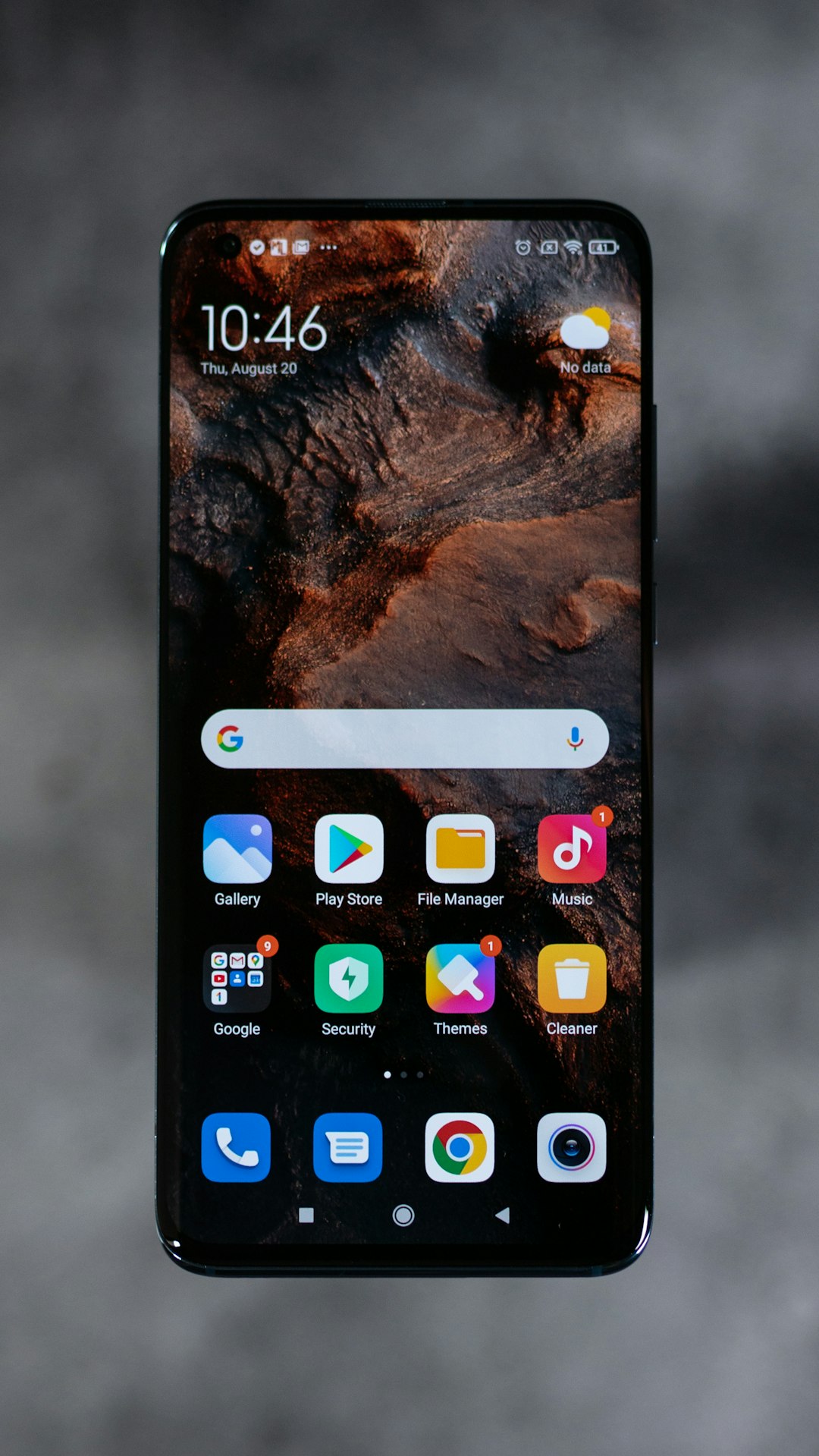Political robocalls have become a significant problem in Prescott Valley, Arizona, potentially manipulating public opinion and disrupting daily life. Residents are exploring legal options, including suing for robocalls under the TCPA, and launching community-led initiatives to combat this issue. These efforts aim to educate citizens about call-blocking tools, promote responsible political communication, and reduce unwanted calls, offering a model for other communities nationwide. By empowering locals to take control of their phone lines, these initiatives could foster a quieter and more respectful political discourse.
Prescott Valleys is taking a stand against the deluge of political robocalls plaguing communities nationwide. This community-led initiative aims to mitigate the annoyance and potential misinformation these automated calls cause. With ‘Can I Sue for Robocalls in Arizona?’ as a pressing question, this article explores the impact on local residents, the innovative solution being implemented, its legal implications, and future strategies to silence unwanted political calls.
Understanding the Problem: The Impact of Political Robocalls on Prescott Valleys Community

In the digital age, political robocalls have become an increasingly ubiquitous and unwanted nuisance in Prescott Valley communities. These automated phone calls, often promoting specific candidates or causes, can disrupt individuals’ daily lives and foster a sense of frustration among residents. The impact extends beyond mere annoyance; constant robocalls contribute to a broader sense of community disturbance, especially as they can intrude upon personal time, silence home phones during family moments, and even influence political views through excessive exposure to a single message.
Beyond the direct disruption, there’s a growing concern about the potential manipulation of public opinion due to the volume and frequency of these calls. In Arizona, can I sue for robocalls is a question that resonates as residents seek recourse against this modern form of political intrusion. The ability to hold accountable those responsible for excessive or deceptive robocall campaigns could provide some relief for affected communities, encouraging more ethical practices in political communication.
The Community-Led Initiative: A Local Solution to a National Issue

In the face of a national issue with political robocalls, Prescott Valley residents have taken matters into their own hands, launching a community-led initiative to combat this growing problem. This grassroots effort is not just a local response; it’s a powerful solution that addresses a pressing concern for many Arizonans and Americans across the country. The initiative aims to reduce the number of unwanted and often misleading political robocalls citizens receive, empowering them to take control of their personal phone lines.
The problem of robocalls has become so pervasive that many are left wondering, “Can I sue for robocalls in Arizona?” As the campaign gains traction, it offers a unique approach, leveraging community engagement and local action to mitigate the impact of these calls. By educating residents on call-blocking tools and promoting responsible political communication, this initiative showcases how a small town can make a significant difference in tackling a national issue.
Legal Aspects: Can You Sue for Robocalls in Arizona?

In Arizona, as in many states, robocalls have become a significant nuisance, prompting residents to question their legal options. The Telephone Consumer Protection Act (TCPA) is a federal law designed to curb excessive and unsolicited phone marketing, including automated or prerecorded calls, often referred to as robocalls. Under the TCPA, individuals can take legal action against entities making these unwanted calls.
Can you sue for robocalls in Arizona? Absolutely. If you’ve received robocalls, you may have grounds to file a lawsuit. To succeed, you’ll need to prove that the calls were made without your prior express consent and that they violated the TCPA. Damages can include not only financial compensation but also injunctive relief to stop the practice. While suing might seem daunting, community-led initiatives in Prescott Valley aim to streamline this process and empower residents to take collective action against political robocalls.
Steps Taken and Future Prospects: Reducing Political Robocalls through Collaboration

The Prescott Valley community has taken significant steps to combat political robocalls, demonstrating a collaborative approach that offers hope for broader impact. Residents have been actively participating in local initiatives aimed at identifying and blocking unwanted calls, fostering an environment of informed consent and privacy. These efforts include educational campaigns that teach citizens about their rights regarding political calls and the legal avenues for addressing them—like knowing if you can sue for robocalls in Arizona.
Looking ahead, the success of these community-led initiatives could lead to more widespread adoption of similar strategies. By fostering collaboration between local governments, privacy advocates, and phone service providers, it’s possible to create a robust defense against political robocalls. Such partnerships are essential in refining call blocking technologies, improving data sharing protocols, and ensuring that citizens retain control over their communication preferences, ultimately leading to a quieter, more respectful political discourse.






